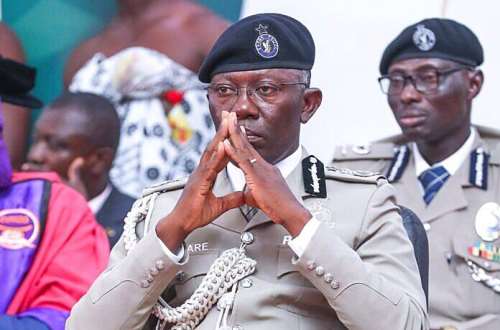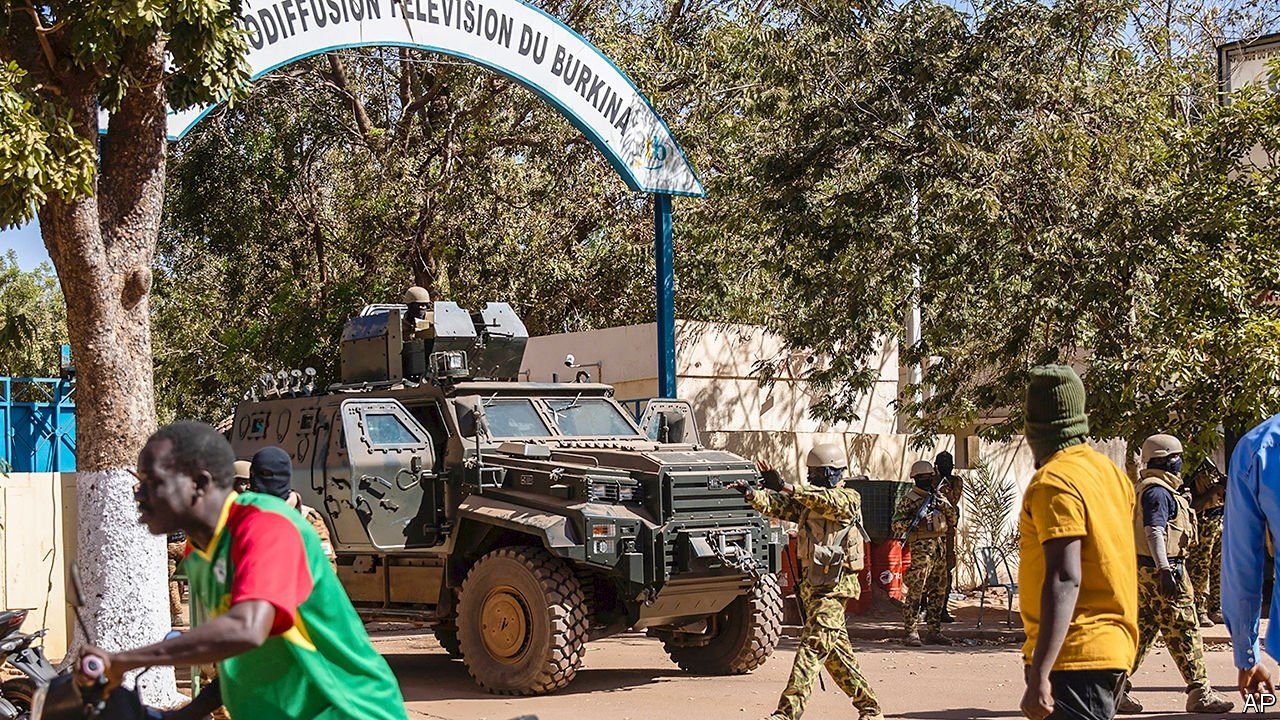CHRAJ Schools IGP On Citizens Right To Protest

The Commission on Human Rights Administrative Justice (CHRAJ) has taken the Inspector General of Police (IGP), Dr George Akufo Dampare through the nitty-gritty of Freedom of assembly as entrenched in the 1992 Constitution of the country.
This follows reported cases of abuse and arrest of the Occupy Jubilee House protesters on September 21, 2023.
In a letter dated September 27, 2023, and addressed to the IGP, the Commission observed that the response of police to protests over the years has been “disproportionate and leaves much to be desired”.
Referencing article 21(1) (d) of the 1992 Constitution of Ghana, it explained that “freedom of assembly (otherwise known as right to protest or right to demonstrate) is a basic right vital to an individual’s personal development and political consciousness and enhances participation in the conduct of public affairs in his country.”
According to the Commission, this right provides citizens with the tool to express their concerns and demand accountability from government.
This is aimed at enabling individuals to express themselves collectively and to participate in shaping their societies, it noted.
Public Order Act
The CHRAJ further characterized the Public Order Act 1994 (Act 471) as interpreted by the police as gravely concerning.
It notes that the Act puts protesters at the mercy of the police and just as section 7 of NRCD 68 which has since been scrapped.
“For instance, under section 1(1) of Act 471 a notification requirement appears to have increasingly been misconstrued as a requirement for protestors to achieve some consensus with law enforcement officers before they get the green light to assemble and demonstrate. Failure by protestors to achieve this consensus with the Police have often compelled the Police to approach the court through ex-parte applications or applications on notice for injunction to restrain demonstrators.
“In the context of the recent happenings, the Commission understands that the approach adopted by the Police was hugely informed by lack of consensus between the Police and demonstrators. Granted that was the reason, that did not permit the Police to weaponise the Public Order Act on the eve of the demonstration to restrict demonstrators from exercising their constitutional right. When that approach failed the Police resorted to the arrest and detention of protestors. These developments, in the considered view of the Commission are disturbing considering the nature of obligations imposed on the state in relation to the right as well as the importance of the right to the democratic order.”








